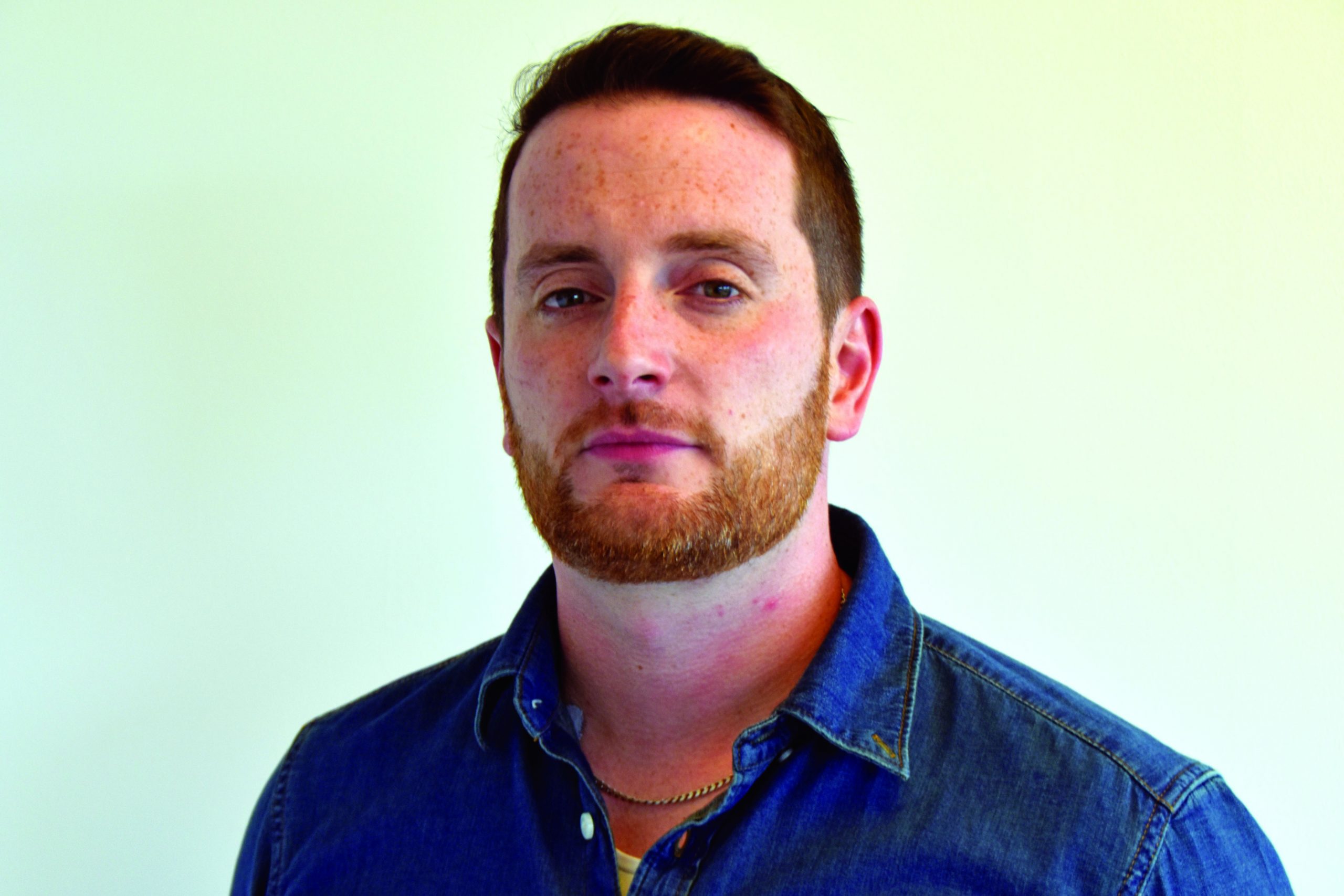Adam Lang analyses new research on data poverty in Scotland
In October of this year, Nesta teams in Scotland and in Wales commissioned discovery research to better understand the concept of data poverty in the UK and how it is currently defined.
At Nesta, data poverty is something that we have been hearing more and more about in recent months. Both from households and individuals directly struggling to afford the data they need to live, learn and work online during the pandemic as well as from organisations working to support them.
In Scotland, our recent Shift + Ctrl report examining the Scottish public’s attitudes towards the tech revolution, highlighted major public concern about the unequal social and economic impact of the fourth industrial revolution for communities and already disadvantaged groups. In Wales, our colleagues have heard directly about stark examples of that inequality, with families having to choose between data and dinner.
The report from our discovery research, What is Data Poverty?, was published last week and is based on stakeholder engagement in Scotland and Wales, a review of existing literature and scoping of international work in this space.
The findings are important, insightful and timely for all of us working in Scotland’s voluntary or civil society sectors. They show that the concept of both individual and household data affordability is significantly under researched across the UK. Often it is lost in wider digital inclusion initiatives focused on digital connectivity, infrastructure or literacy. This does not take away from the excellent work that is going on in these areas, but is in itself a significant finding.
It means that we do not know how much individuals and households pay for data in the UK, or how this varies according to their circumstances. And we do not know how many people are data poor or who they are.
This gap in knowledge and insight matters. The pandemic has shown that access to the internet is essential for individuals and communities. Many vital services such as education, social security, health and work are now online. Those who cannot access enough data for their needs are increasingly excluded from services, work, community participation and social connection.
Our report also proposes a working definition for the concept of data poverty in both Scotland and Wales that could be applicable across the UK. By data poverty we mean: “Those individuals, households or communities who cannot afford sufficient, private and secure mobile or broadband data to meet their essential needs.”
Attempting to define a concept that is so intrinsically linked to other factors of inequality, economic poverty and exclusion is difficult and can be divisive. But, without a working definition to build from, it is harder to identify the innovations and policy interventions needed to make a tangible difference.
With this in mind, the report concludes that to build a more robust and detailed understanding of the true nature and impact of data poverty in Scotland, further work is needed.
We need to develop a standardised tool to identify those people experiencing data poverty across seven domains: affordability; choice; infrastructure; privacy and security; quantity; skills; and usability.
This will help us to identify specifically who is vulnerable to data poverty and give us a better understanding of the scale, breadth and depth of poverty experienced.
This is work that Nesta’s teams in Scotland and Wales will be taking forward in the weeks ahead.
The report also includes examples of the different responses that have arisen to help tackle data poverty globally. They include increasing access to underserved communities, gifting, sharing and subsidising mobile data packages and zero rating of content.
In the coming months, policy makers in Scotland will begin setting out their agendas in advance of the upcoming Holyrood elections. It is important that the findings, solutions and working definition of data poverty set out in this report help to inform a better and broader debate about how to tackle this issue head-on. The pandemic has exposed the depth and devastating impact of inequalities across our society and data poverty is another example.
As we emerge from this crisis, ensuring everyone has access to the data they need to meet their needs must be part of our efforts to rebuild a fairer and more equal society.
Adam Lang is head of Nesta in Scotland







